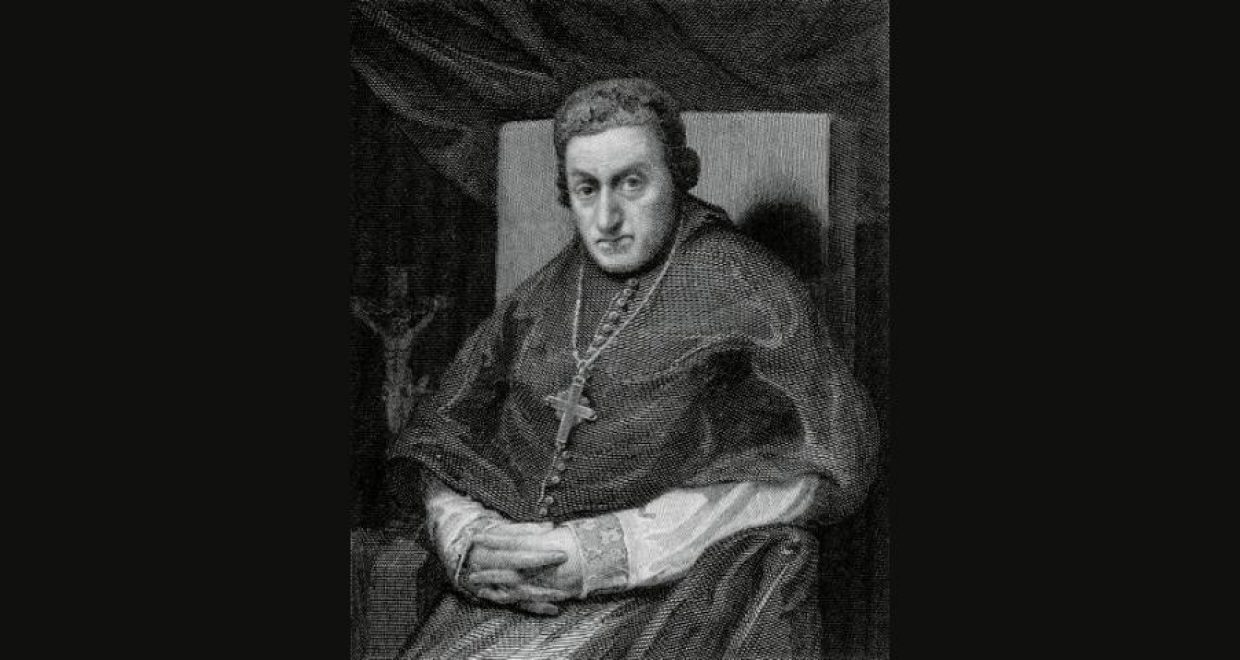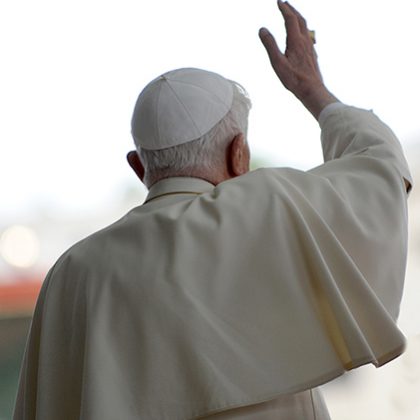Jacobite Past, Loyalist Future: George Hay and the Development of Catholic Loyalism
This article accompanies Gregory Tirenin’s British Catholic History article, ‘From Jacobite to Loyalist: The Career and Political Theology of Bishop George Hay’. This article won the British Catholic History Best Article Prize for 2021.
How did a Scottish Catholic bishop who as a young man was imprisoned for participating in the 1745 Jacobite Rebellion help his community enter mainstream political culture? By holding fast to the very principles that formed the religious basis of Jacobitism. Bishop George Hay’s papers at the Scottish Catholic Archives in Aberdeen provided me with a remarkable insight into the political theology of a Church leader who advanced Catholic interests by vocally expressing ideas of passive obedience and non-resistance; ideas that had previously alienated Catholics from the Hanoverian state. From the 1770s onward, Europe and much of the Atlantic world became pitted in a fundamental struggle between monarchy and republicanism. This age of revolutions breathed new life into old ideas by sweeping aside dynastic quarrels and gradually softening confessional prejudices among those who rejected revolution.
Hay vigorously and consistently opposed the American and French Revolutions through his pastoral letters. As the most prominent Vicar Apostolic in Scotland, he also publicly defended Catholic doctrines against those who saw Catholicism as incompatible with British society. Clearly Hay was not content to live in the shadow of the penal laws. He also proved capable of cooperating closely with leading statesmen in Scotland and England. In the wake of the 1779 riots, Hay stayed in London with Edmund Burke and remarked that Burke’s personal sympathy and advocacy for the Catholic community ‘made an impression upon My heart which it is impossible for me to express in words’.[1] My article, ‘From Jacobite to Loyalist: The Career and Political Theology of Bishop George Hay’ argues that Hay’s seemingly remarkable transition from Jacobitism to loyalism involved as much continuity as change. By officially recognizing the sovereignty of George III in 1779 and exhorting the faithful to shun revolutionary ideology and give ‘proof of our gratitude and loyalty towards our gracious Sovereign, the best of Kings’, Hay transferred Jacobite principles of passive obedience and non-resistance onto George III.[2] To Hay the monarchy and the wider British constitution was a bulwark against revolutionary forces that were driven by ‘chimerical Ideas of a Liberty & Equality, which is altogether inconsistent with the present weak & imperfect state of human nature.’[3] This very public loyalism on the part of Hay and other Vicars Apostolic played an important role in the gradual repeal of the penal laws. Hay embodied the changing nature of British recusancy by showing that Catholics did not need to compromise their beliefs to recover their rights.
Main image shows George Hay (1729-1811) Source: Wikimedia Commons
[1] Hay to Burke, 12 July 1779 in Edmund Burke, The Correspondence of Edmund Burke, ed.
Thomas Wellsted Copeland, 10 vols. (Cambridge: Cambridge University Press, 1958), 4: 100.
[2] Catholic Bishops in Scotland, Pastoral Letter, 12 July 1793 SCA SM 15/2/7.
[3] Hay, Draft Pastoral, 14 January 1793 SCA SM 15/2/6.





